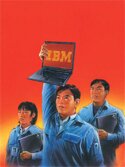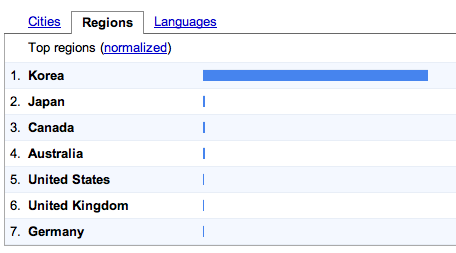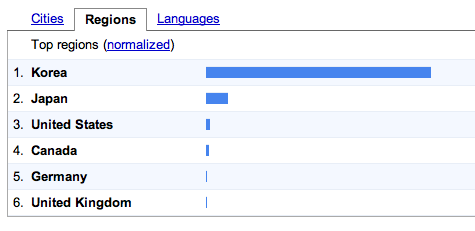After 22-years of strong-arming the press as prime minister of Malaysia, former prime minister Mahathir Mohammad is finding it hard to get any attention. Moreover, he is being denied access to the state-censored press is is now turning to the online news outlet that has long been the subject of scorn from himself and the ruling IMNO party.:
Mahathir muzzled? Malaysian ex-PM vents on the Web
(Reuters) - Former Malaysian prime minister Mahathir Mohamad, never the warmest friend of a free press, has suddenly found a use for it now that he is out of power.
In an irony that escaped no one in Malaysia’s pro-government mainstream media, Mahathir turned to a small independent Web site, Malaysiakini.com, to criticise the government on Tuesday.
“He’s been complaining about being isolated from the mainstream media,” Malaysiakini.com boss Premesh Chandran told Reuters, explaining that the major dailies that once hung on Mahathir’s every word now didn’t have much time for him.
That might be because he recently accused the administration of his successor, Abdullah Ahmad Badawai, of selling out sovereignty and lacking “guts” over its recent decision to scrap a project to build a bridge to neighbouring Singapore.
Jeff Ooi speaks with the editor of Malaysiakini who conducted the interview.:
Malaysiakini editor Steven Gan who led his team of journalists to interview Dr Mahathir on May 16, a request denied for six long years and postponed three times after a consent was given in March this year, came home with two unmistaken conclusions.
One, it was a reluctant interview, and Mahathir has not changed his view of Malaysiakini. In fact, says Steven, Mahathir had strongly hinted that he made a mistake in granting Malaysiakini the interview. Mahathir, apparently, has been persuaded to do so by one of his advisors.
Two, the interview confirmed something many had long known, that Mahathir is not someone who would accept his shortcomings easily. He remains “combative, sarcastic, and at times, bellicose” when asked about the mistakes he had made in his 22 years in power.
After 22 years of Mahathir, we should use Steven’s quotation on our leaders of the present and the future all the same.
Technorati Tags: asia, censorship, malaysia, southeast asia
 Fears and concerns that exist only in the minds of a deluded few (or many?) on Capitol Hill, as most industry watchers agree that the placement of any malicious hardware/software is extremely unlikely. But, that didn’t stop House members from patting each other on the back.
Fears and concerns that exist only in the minds of a deluded few (or many?) on Capitol Hill, as most industry watchers agree that the placement of any malicious hardware/software is extremely unlikely. But, that didn’t stop House members from patting each other on the back.


































